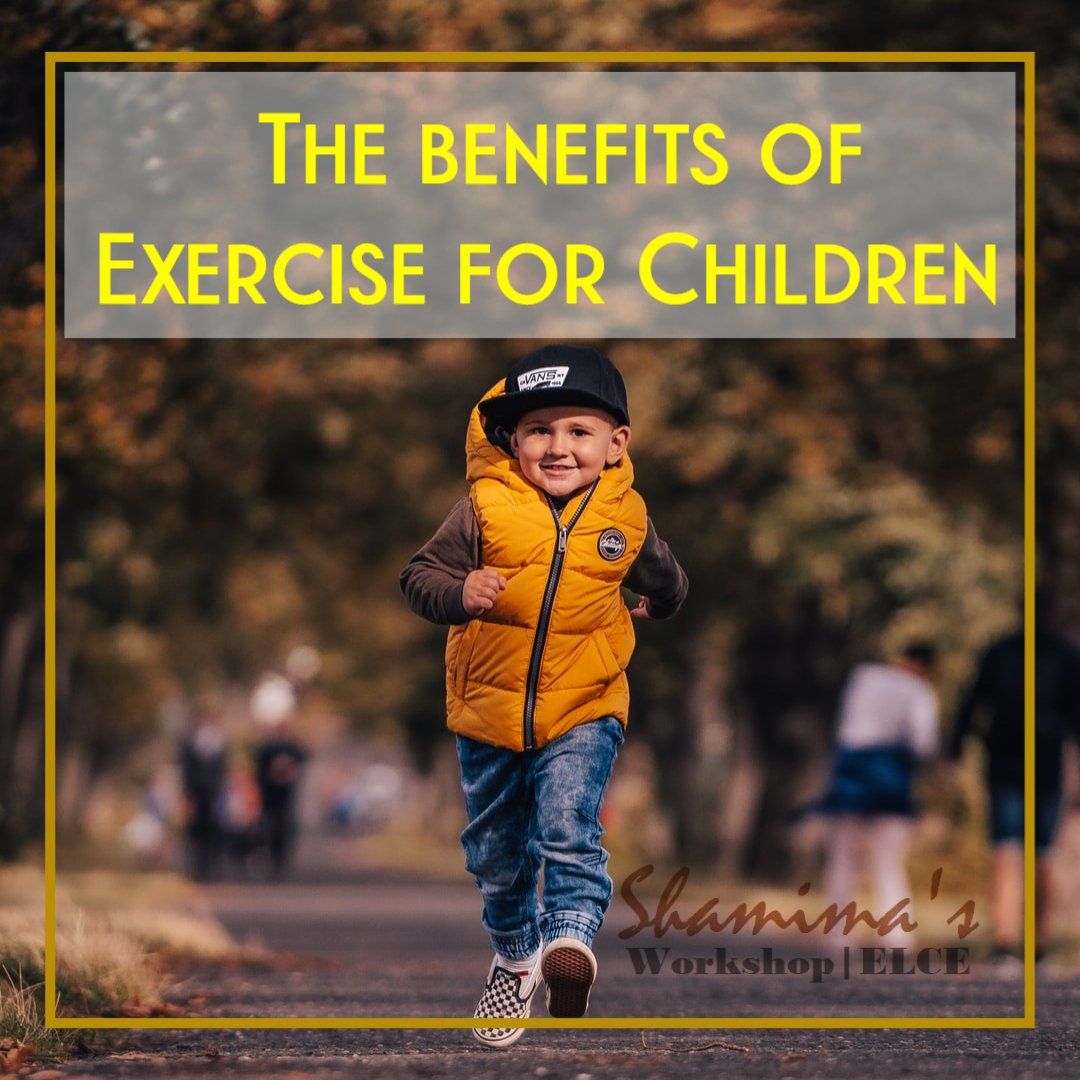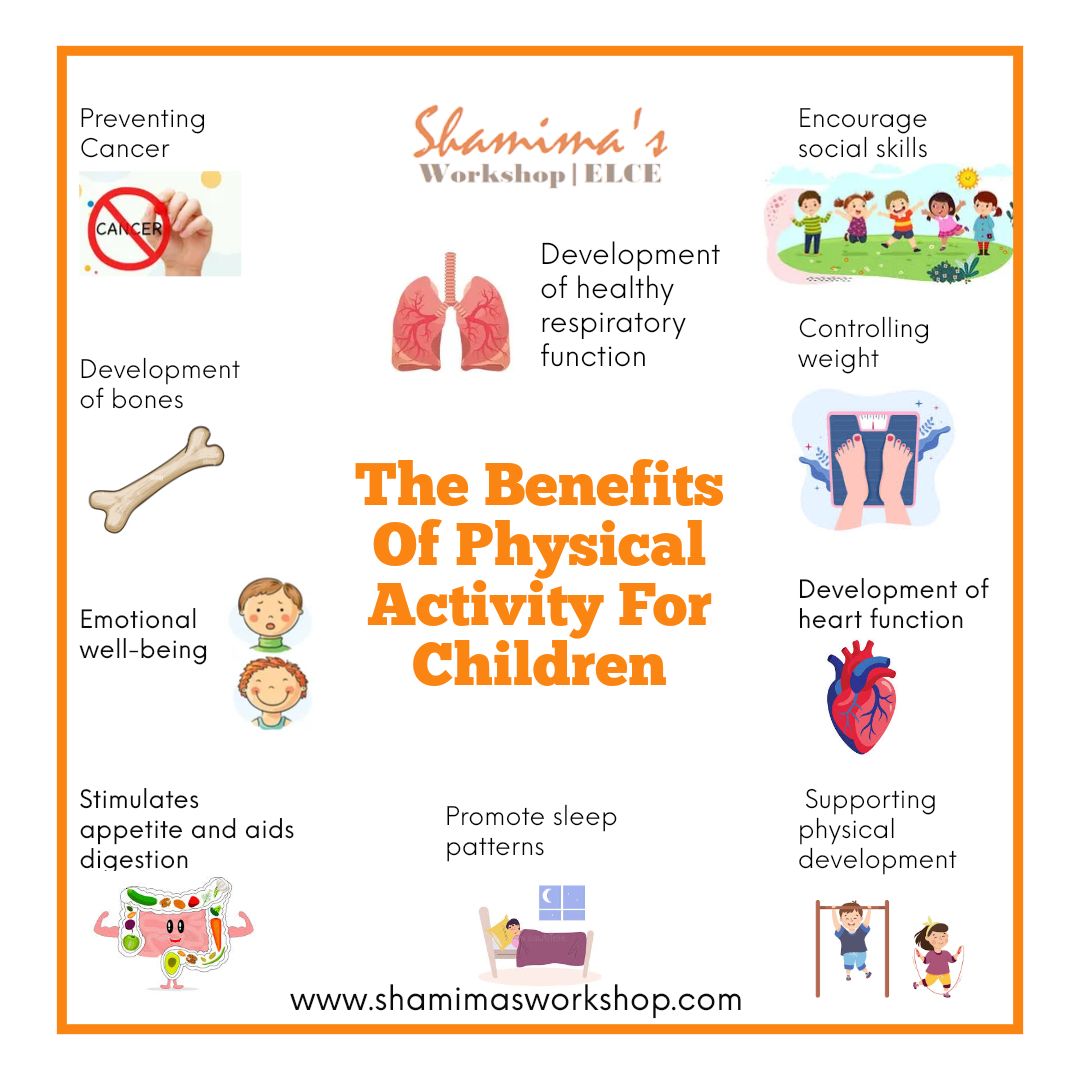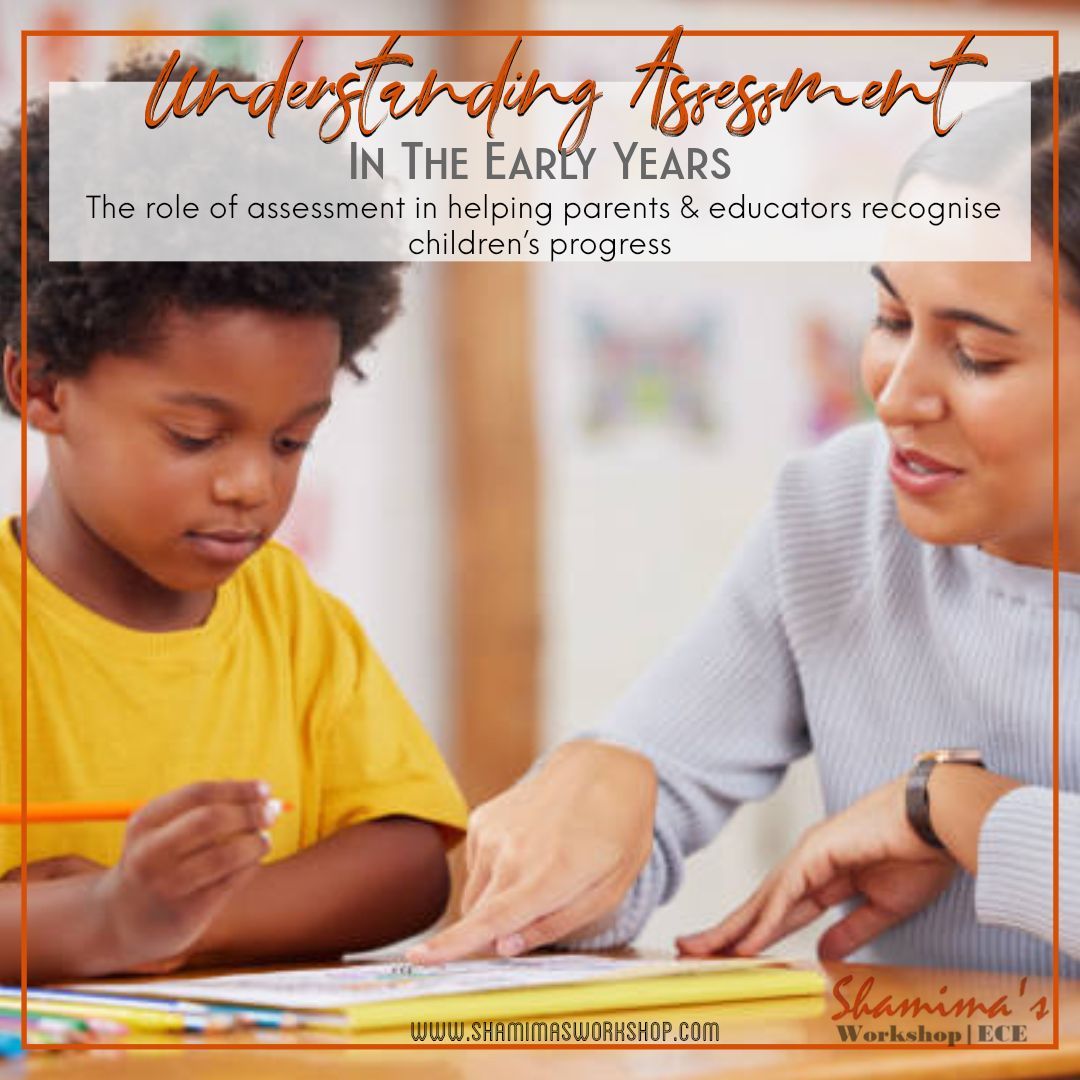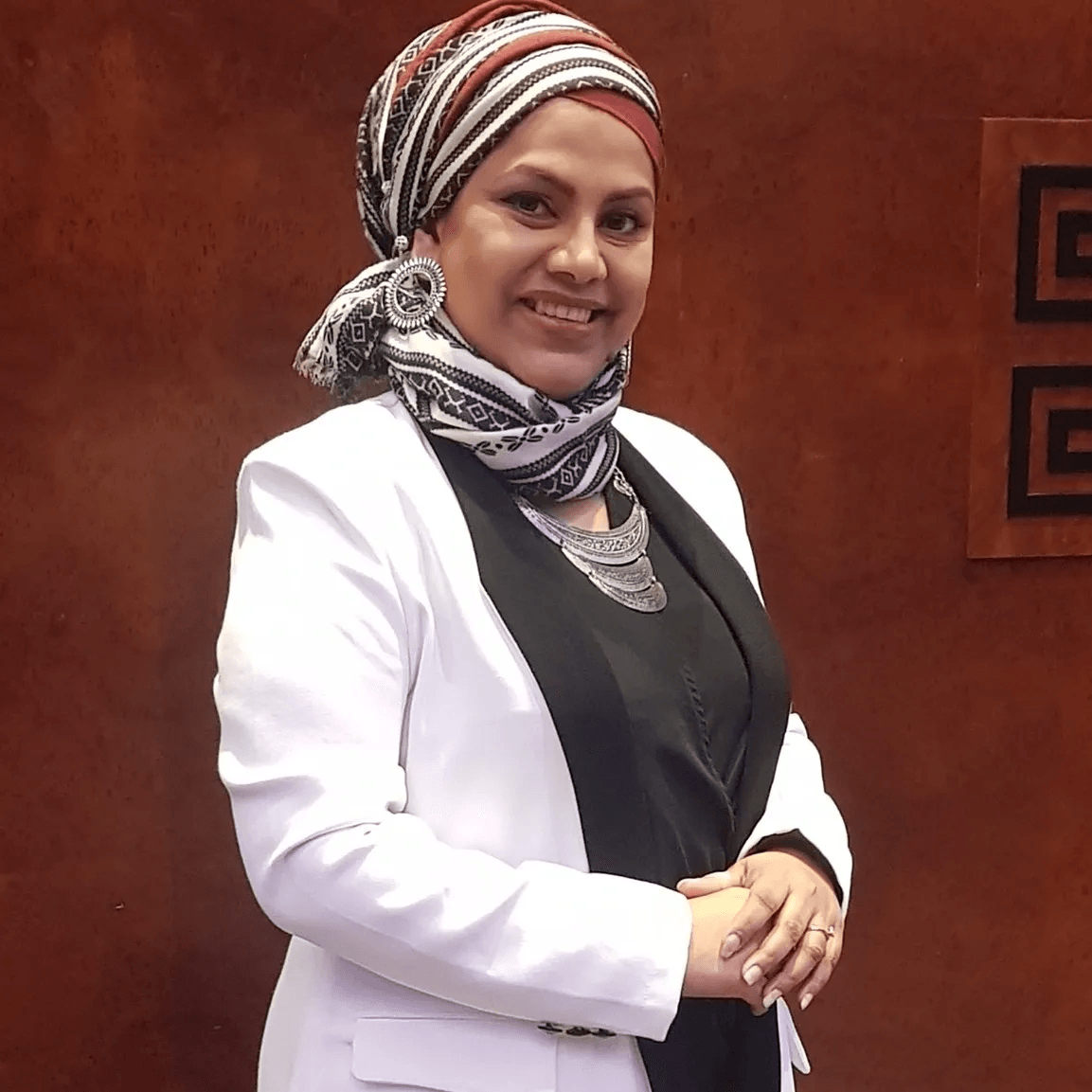Benefits of Exercise for children
PHYSICAL ACTIVITY FOR CHILDREN
Do you remember playing on the swings or throwing a ball? You probably did not realize it at the time, but you were actually talking about exercise or physical activity!
In many children's lives, physical activity and exercise are no longer a regular feature. Some children never walk, cycle to school, or play sports. In order to prevent harmful effects on children's health in both the long and short term, they need to be physically active.
The benefits of exercise for children's
health and well-being
- developing skills for coordination of different parts of the body e.g. hands and eyes for throwing and catching, legs and arms for skipping with a rope.
- developing control of fine movements of children's fingers and hands. It is one of the most important parts of physical activities. e.g. playing musical instruction and making sound with the body like clapping or tapping.
- developing balance and coordination in energetic play e.g running, jumping, and skipping.
- developing spatial awareness e.g dancing and moving around the music. It develops spatial awareness while practicing coordination and muscle control.
The Effect of Lack of Physical Activity
in Children
Children's growth and development is greatly supported by physical activity. However, a worrying tendency in the present day is the decrease in children's physical activity. The following are some significant effects of lack physical activity:
1. Physical Health Issues
Numerous health problems are exacerbated by a lack of physical activity. Children who don't exercise regularly are more likely to develop weak bones and muscles, obesity, and cardiovascular issues. Developing good behaviors early in life is essential for long-term health.
2. Mental Health Issues
Sedentary behavior has an impact on mental health in addition to physical health. Research shows a connection between children's anxiety and sadness and a lack of physical activity. Comprehensive health management requires an understanding of the holistic effects of inactivity.
3. Heightened Risk of Anxiety and Depression
It is often known that physical activity and mental health are related. The "feel-good" hormones known as endorphins, which are released during exercise, are essential for mood control. Thus, a lack of exercise affects children's mental health by raising their risk of anxiety and despair.
4. Reduced Cognitive Function
Engaging in physical activity benefits the brain as well as the body. Exercise improves cognitive function, including memory, concentration, and problem-solving abilities, according to studies. Children who don't get enough exercise may struggle in school and with their cognitive development.
How Much Exercise Do Children Need?
Encourage them to be active during daily routines and during supervised floor play by reaching and gripping, tugging and pushing, and moving their head, body, and limbs if they aren't yet crawling. Crawling is one of the many ways that babies should be encouraged to stay active throughout the day, every day. When they are awake during the day, try to fit in at least 30 minutes of tummy time. Encourage newborns to be as active as they can be in a secure, watched-over play area once they are able to roam around.
Toddlers (aged 1 to 2)
Every day, toddlers should engage in physical activity for at least 180 minutes, or three hours. The more, the better. Playing outside should be a part of this throughout the day. Lighter activities like standing up, moving around, rolling, and playing can be incorporated into the 180 minutes, as can more strenuous ones like running, leaping, hopping, and skipping.
The greatest approach to get this age group moving is through active play, which includes chasing games, ball games, playing in the water, riding a bike, and utilizing a climbing frame.
Pre-schoolers (aged 3 to 5)
Children in pre-school should engage in at least 180 minutes (3 hours) of diverse physical activities each day, including outdoor play and active games, distributed throughout the day. The greater the quantity, the superior it is. The 180 minutes must encompass a minimum of 60 minutes (1 hour) of moderate-to-vigorous intensity exercise. Children younger than 5 should not remain inactive for extended durations, except during sleep. Watching television, traveling by car, bus, or train, or being confined in a stroller for extended times are not beneficial for a child's well-being and growth.
Be Aware of The Lack of Physical Activity in Your Children!
To sum up, the absence of physical activity in children presents major difficulties for their overall health. Nonetheless, through combined efforts from parents, schools, communities, and the Sports & Performing Arts Academy, beneficial change is possible. By emphasizing physical activity, we can guarantee a healthier, more joyful future for those who come after us.
The key is to keep them moving and active, as regular exercise not only contributes to physical health by building strong muscles and bones but also plays a crucial role in fostering mental well-being.
Parents and caregivers can support this by encouraging outdoor play, organizing family activities, and setting positive examples through their own active lifestyles. The aim is to instill a love for movement in children from an early age, laying the foundation for a healthy and active lifestyle as they grow.
Welcome
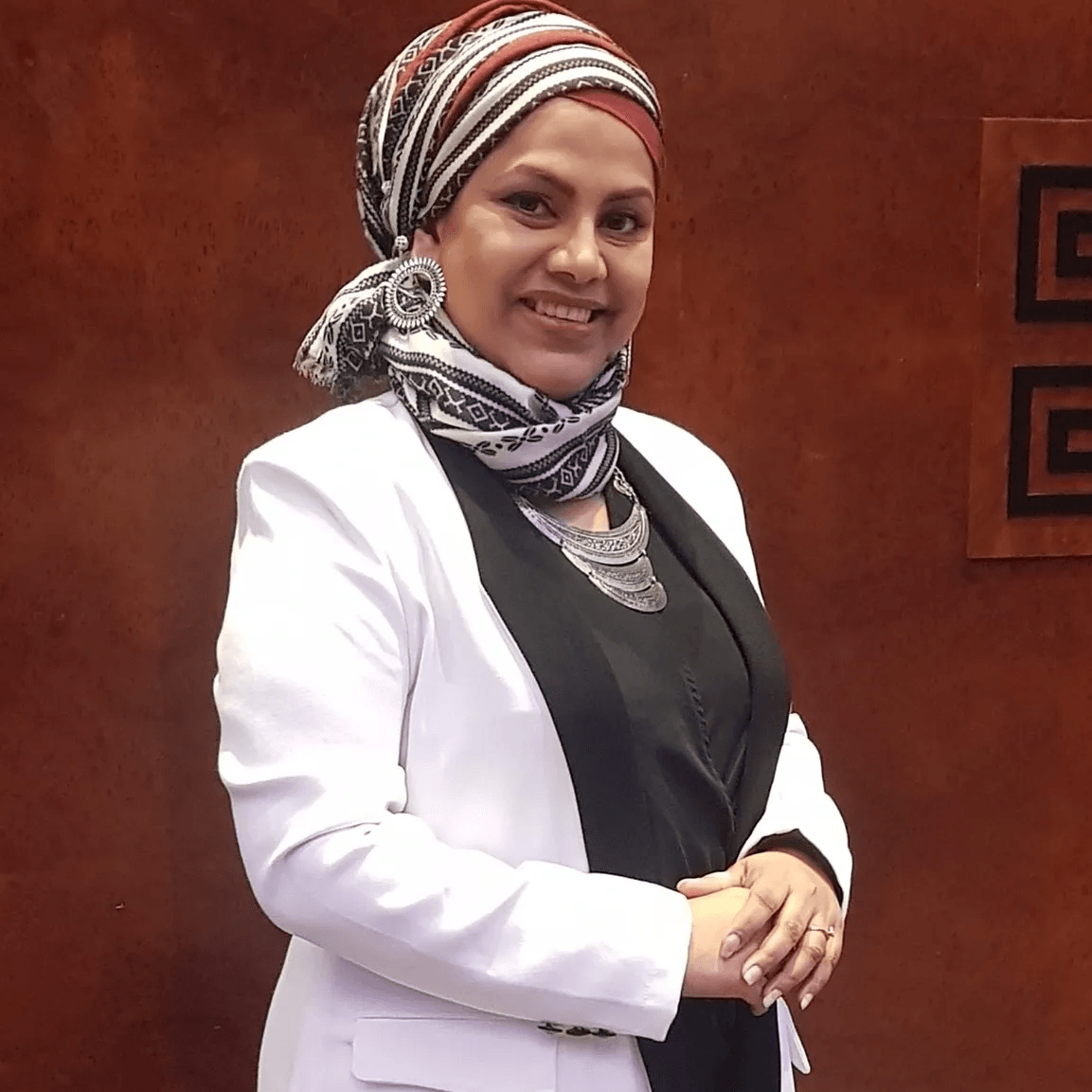
Hi, i am Shamima Fowzee, an early years educator, trainer and consultant. I Share ideas, inspiration, & resources for play-based, inquiry-led learning. Find out more about me here.
SHOP NOW
RECENT POST
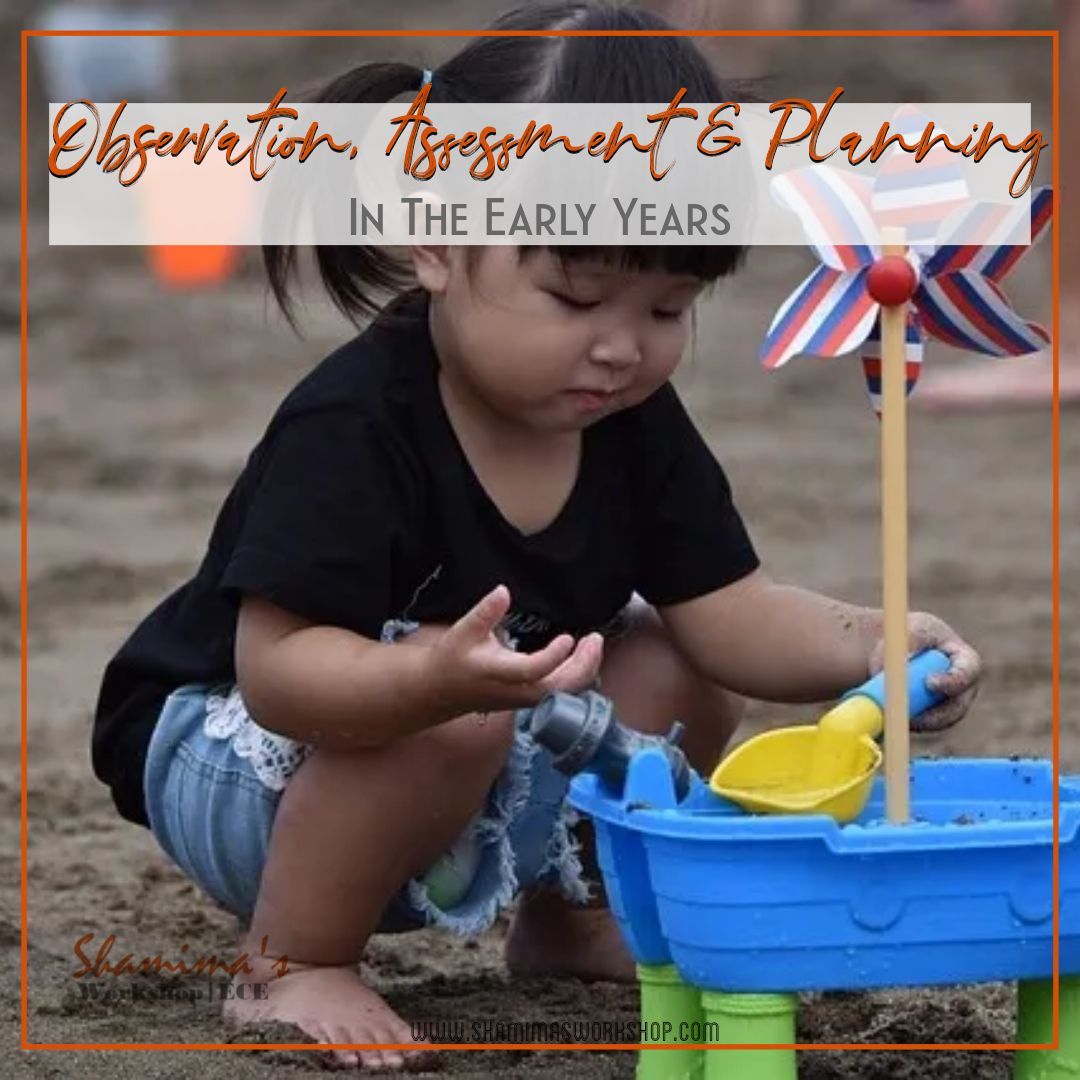

How can I thank you? Spread the word!
For everyone who is passionate about the importance of Early Years.

